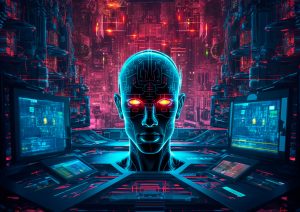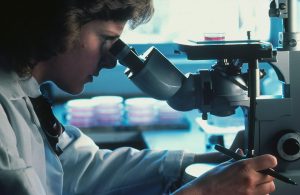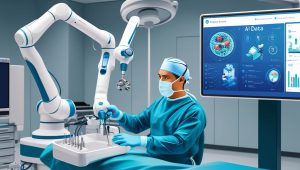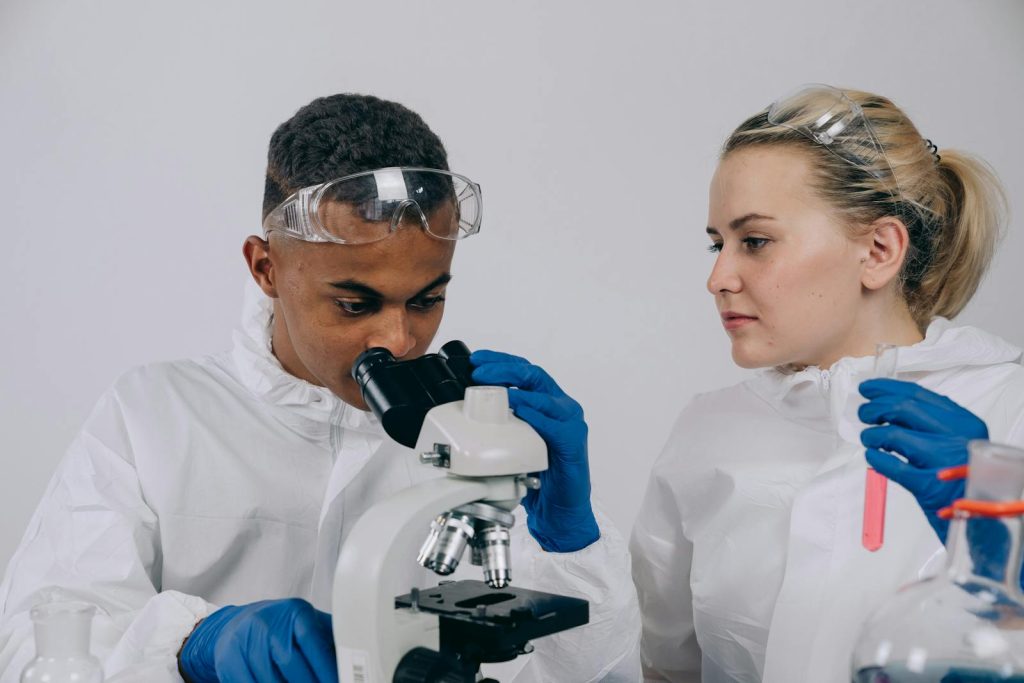
Table of contents
The Future of Cancer Diagnosis is Here: Powered by AI
When we hear about artificial intelligence (AI), it often sounds like something from a distant future or a science fiction movie. But in reality, AI is already changing the landscape of healthcare, particularly in the diagnosis and treatment of cancer. Imagine a world where cancer is detected with precision before symptoms even appear—a world where AI can guide doctors in making faster, more accurate diagnoses. Well, that future is now.
In this blog, I’ll take you through how AI is revolutionizing cancer diagnosis, why this matters to all of us, and the incredible possibilities it brings to the table.
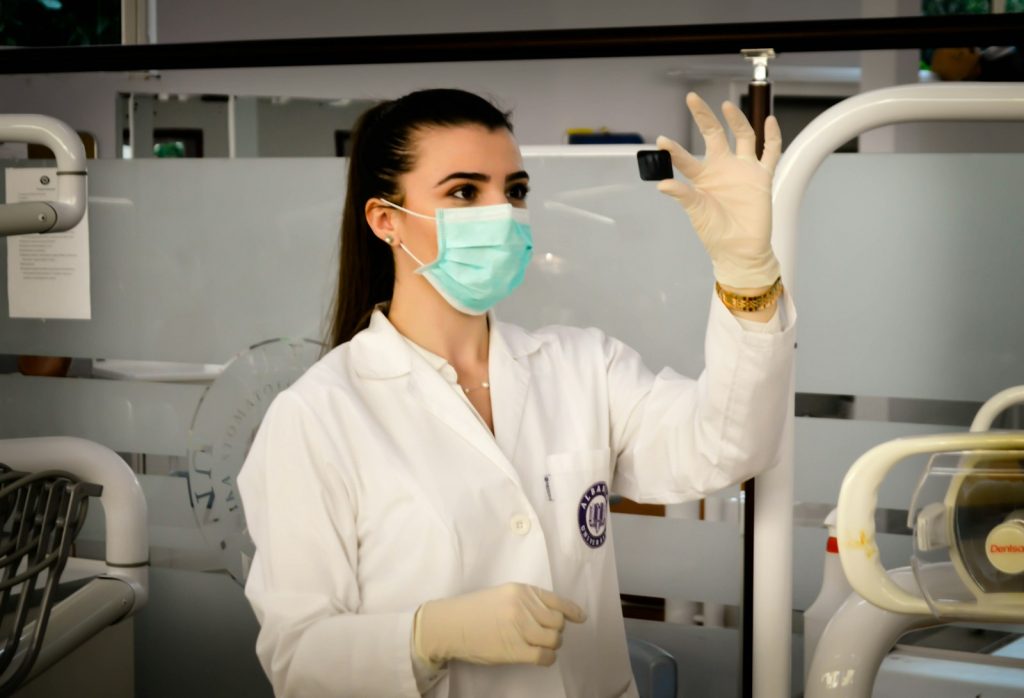
Why Is AI in Cancer Diagnosis So Important?
Cancer is one of the leading causes of death worldwide. According to the World Health Organization (WHO), around 10 million people died from cancer in 2020 alone. Early detection is critical for increasing survival rates, but traditional methods, like biopsies and imaging, can be slow, costly, and prone to human error. This is where AI comes in, offering a way to analyze vast amounts of medical data quickly and accurately, improving the odds of catching cancer at its earliest stages.
AI is Addressing Key Challenges in Cancer Diagnosis
AI’s role in healthcare is to enhance—not replace—medical professionals. Here are some of the biggest challenges AI helps tackle in cancer diagnosis:
- Human Error: Even the most skilled radiologists can miss subtle signs of cancer on an X-ray or CT scan. AI systems, trained on millions of images, are less likely to miss these early indicators.
- Time Constraints: Diagnosing cancer can be time-consuming, especially when specialists are stretched thin. AI can analyze images or test results within seconds, speeding up the diagnosis process.
- Complex Data: Modern medical technologies produce a ton of data. AI can sift through this data quickly, spotting patterns that humans might miss, and ensuring more comprehensive evaluations.
How AI Improves Cancer Diagnosis: A Deeper Dive
1. AI-Powered Medical Imaging: Precision Like Never Before
One of the most exciting applications of AI in cancer diagnosis is in medical imaging. Traditional imaging methods—like MRIs, X-rays, and CT scans—are powerful but depend on human interpretation. Enter AI, which can process these images with unparalleled accuracy.
AI algorithms, particularly those using machine learning (ML), can be trained to recognize cancerous tissues from imaging scans. By comparing thousands (or millions) of examples, AI becomes capable of identifying patterns in tumors or abnormal cell growth far earlier than human eyes.
Key Benefits of AI in Medical Imaging:
- Early Detection: AI systems can detect abnormalities in tissue before they develop into full-blown cancer.
- Reduced Misdiagnoses: Since AI doesn’t suffer from fatigue or cognitive bias, it provides a more consistent level of accuracy.
- Personalized Insights: By analyzing genetic and molecular data alongside imaging, AI offers more personalized predictions about cancer development and treatment options.
2. Machine Learning for Predicting Cancer Risks
Beyond imaging, AI’s ability to analyze complex data sets shines in predicting cancer risks. By examining a person’s genetic profile, lifestyle habits, and environmental factors, AI can help doctors assess who is most at risk for specific types of cancer, such as breast, lung, or colon cancer.
Using AI-powered tools, doctors can create predictive models that determine a patient’s likelihood of developing cancer, leading to:
- Proactive Screenings: High-risk patients can undergo more frequent screenings.
- Tailored Treatment Plans: AI-based risk assessments allow doctors to create personalized treatment options early on, potentially saving lives.
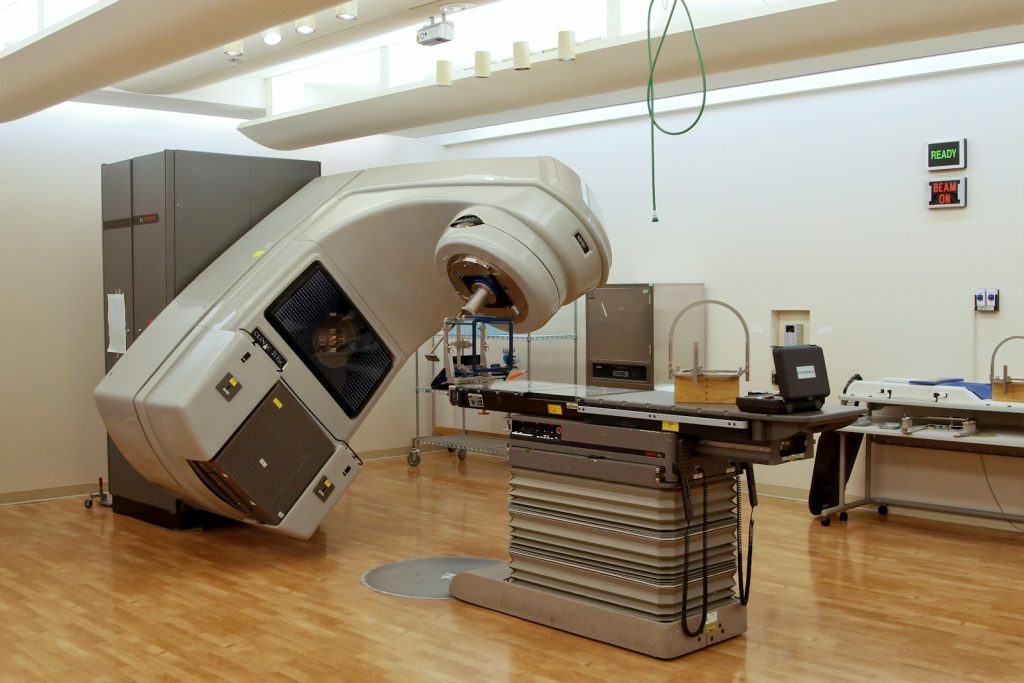
3. AI-Assisted Biopsy Interpretation
Traditional biopsies, where a sample of tissue is taken and analyzed under a microscope, have long been a standard method of cancer diagnosis. But what if AI could help make this process even more accurate? AI is now being used to analyze biopsy samples, not just at a surface level but down to a molecular level.
AI’s ability to examine tissue samples pixel by pixel means it can identify cancer cells that might be missed during a manual evaluation. Furthermore, AI systems are also being developed to detect whether a tumor is likely to be benign or malignant, helping doctors make informed decisions on treatment plans.
4. AI-Driven Genomic Analysis
In cancer research, genomic data—information about mutations in DNA—is key to understanding how cancer develops and spreads. AI has the potential to unlock crucial insights hidden in this data. AI-powered genomic analysis helps in identifying cancer-causing mutations and discovering biomarkers, which are essential for developing targeted therapies.
How This Helps:
- Targeted Therapy: AI can suggest personalized therapies based on a person’s specific genetic mutations, leading to more effective treatments.
- Better Prognosis: Doctors can give patients more accurate predictions about their cancer progression.
The Advantages of AI in Cancer Diagnosis
While AI is not a silver bullet for curing cancer, its advantages in diagnosis are undeniable. Here are just a few reasons why it’s transforming the field:
- Speed: What once took weeks can now be accomplished in minutes, reducing anxiety for patients waiting for results.
- Accuracy: AI systems trained on massive datasets can often detect cancer with greater accuracy than human doctors alone.
- Cost-Effectiveness: By reducing the need for repeat tests and unnecessary treatments, AI can lower the overall cost of cancer care.
- Personalization: AI allows for personalized treatment plans, making it possible to tailor treatments based on each patient’s unique genetic makeup and cancer type.
Real-World Applications: AI in Action
AI isn’t just a theoretical concept; it’s already being applied in real-world cancer diagnosis. For example:
- Google’s DeepMind: Their AI system has shown promise in diagnosing breast cancer, with accuracy levels comparable to, or even better than, expert radiologists.
- PathAI: This company focuses on using AI for pathology, improving the speed and accuracy of cancer diagnoses by analyzing tissue samples.
- IBM Watson Health: Watson Health has been used in oncology to help doctors create individualized treatment plans by analyzing patients’ data and matching it with the latest research.
These examples show that AI is no longer a futuristic dream—it’s a present-day reality making waves in cancer diagnosis.
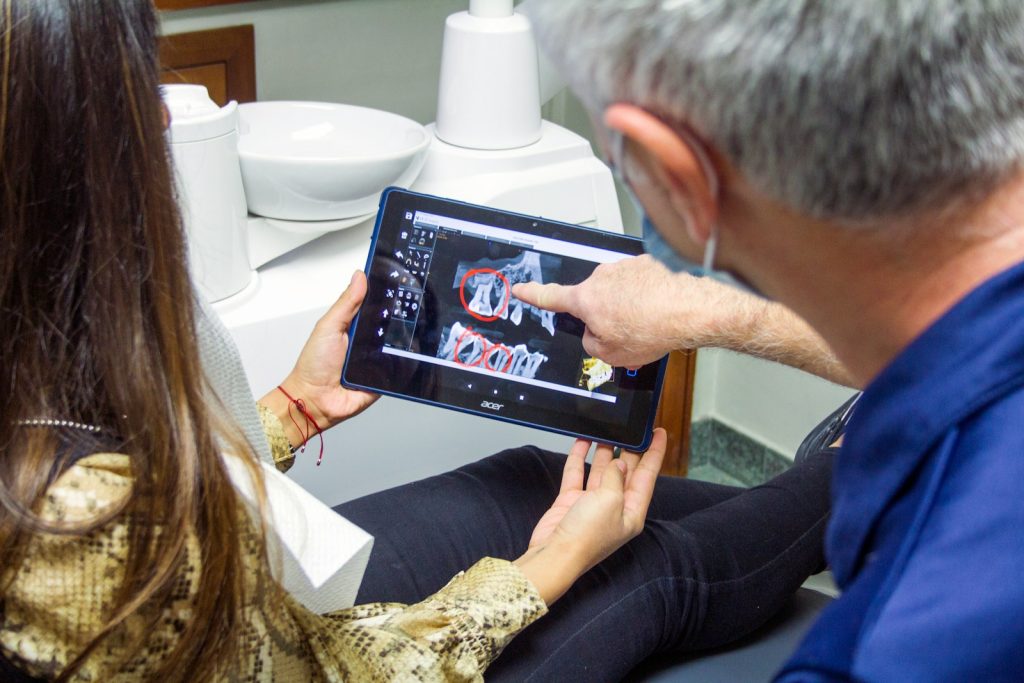
What’s Next for AI in Cancer Diagnosis?
As AI continues to evolve, its role in cancer diagnosis will only expand. We can expect AI to not only detect cancer earlier but also predict which patients are likely to respond to specific treatments. This opens up a new world of precision medicine, where treatment is as unique as the patient.
However, with these advancements come challenges. Issues like data privacy, ethical considerations, and the need for continued collaboration between humans and machines will need to be addressed. But the potential benefits far outweigh the hurdles, and we are on the verge of a revolution in cancer care.
Conclusion: How You Can Stay Ahead
The integration of AI into cancer diagnosis is not just a scientific achievement; it’s a human one. This technology has the potential to save millions of lives by detecting cancer earlier and more accurately than ever before. If you’re interested in learning more, I recommend keeping up with the latest developments in medical AI and considering early screenings if you are at high risk for cancer.
By embracing AI, we’re not just hoping for a better future—we’re creating it, one diagnosis at a time.
If you or someone you know is concerned about cancer risk, speak to your healthcare provider about the latest AI-assisted screening tools. Staying informed is your best defense.
By leveraging the power of AI in healthcare, we are stepping into a new era where technology and medicine work hand-in-hand to improve patient outcomes.
